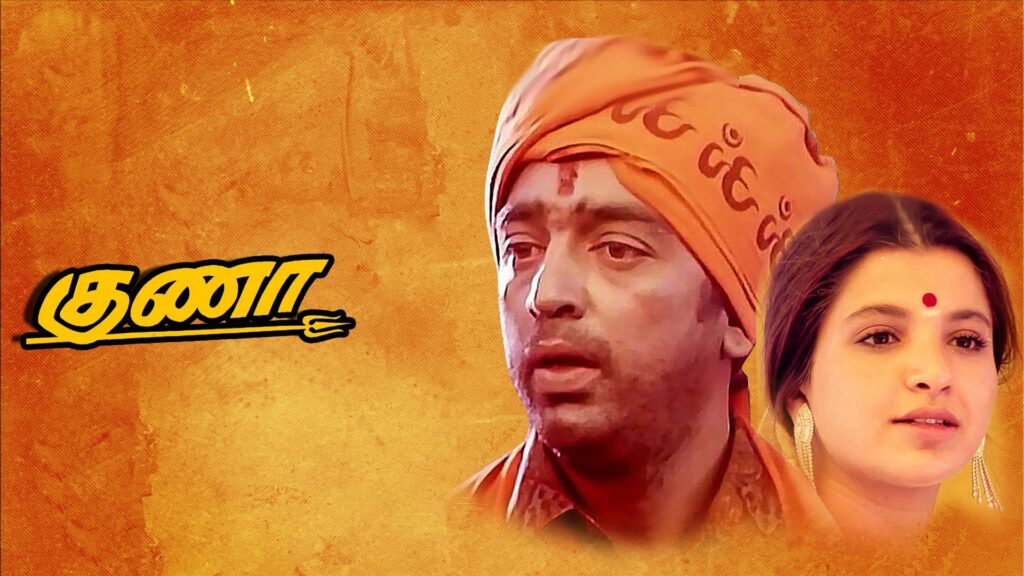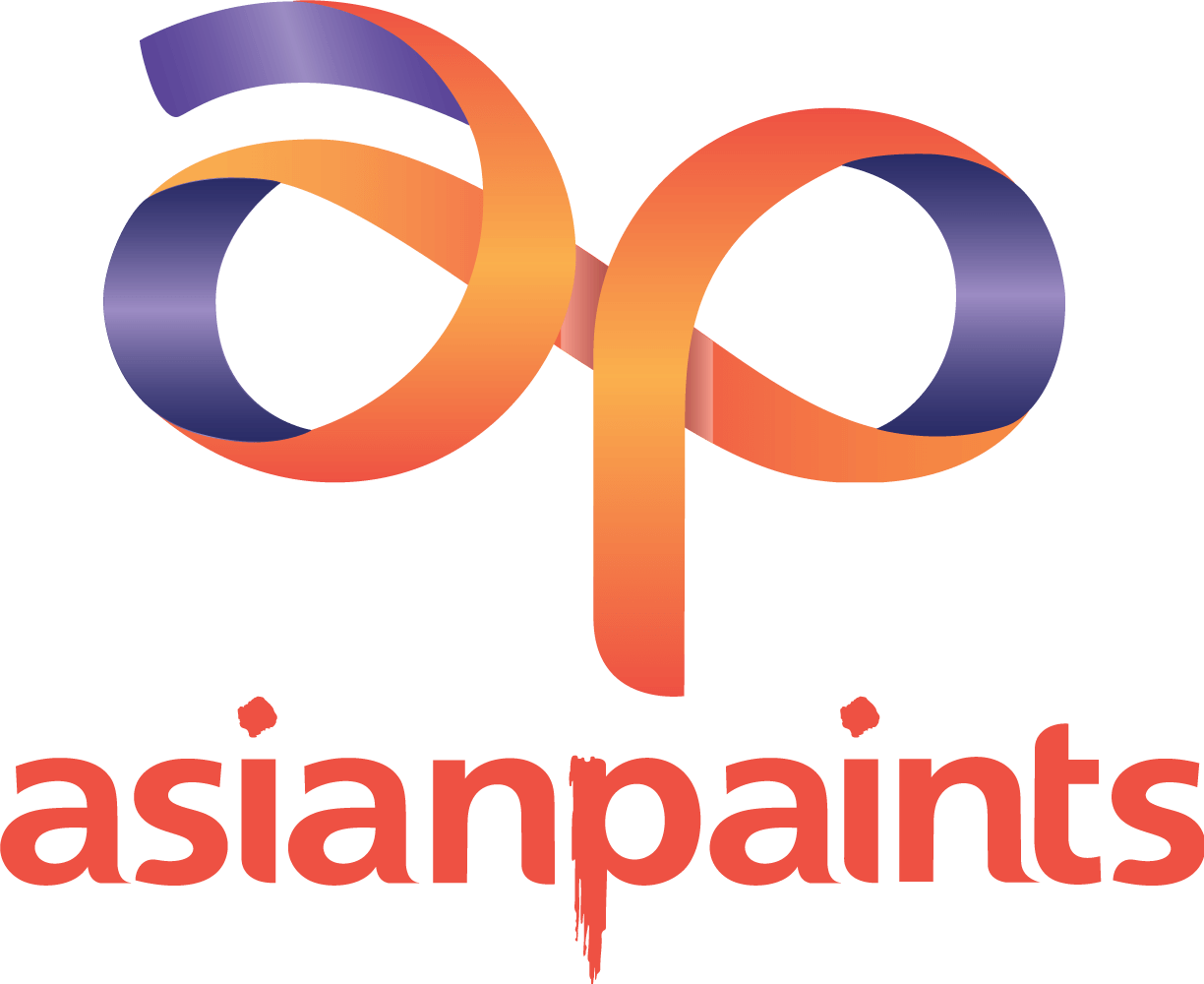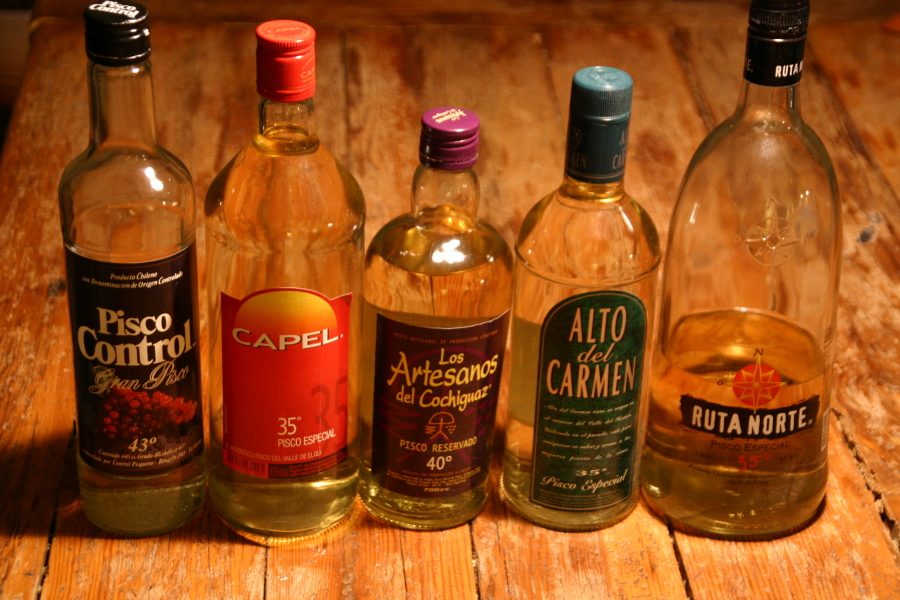GHANSHYAM HEMDEV V PYRAMID AUDIO INDIA PVT LTD AND OTHERS
CASE NO: O.A.NO.459 OF 2024 IN CS (COMM DIV) NO. 118 OF 2024
Movie re-releases are increasingly getting into copyright troubles. Recently, the Madras High Court stayed the re-release of the Kamal Hassan-starrer 1991 Tamil movie ‘Gunaa’.
Ghanshyam Hemdev, who is into the business of financing, production, and aggregation of copyrights in cinematographic films, acquired the entire Negative Rights in ten Tamil cinematographic films from one N.Rathnam by an agreement dated July 4, 2008. One among the ten films is the popular and critically acclaimed Tamil Cinematographic film by name ‘GUNA. He claimed that he had acquired the entire negative rights of ”Gunaa’ by the said agreement, from Mr. N Rathnam. The said Mr. N. Rathnam had the world’s negative copyright to the movie as per the agreement dated April 10, 2008. Clause 2 of the said agreement reads as follows :
”2. The Assignor declares World negative copyright for the said films; complete all rights except Indian Satellite Rights and World Video Format Rights and subject to all previous commitments by the producer/negative rights holder before April 11, 2008 to the Assignee. Here, complete rights mean all the sole and exclusive rights with commercial and non-commercial, theatrical and non-theatrical copyrights of distribution, exhibition and exploitation of the said pictures in all gauges, 35 mm, 8mm, 70mm, cinema scope and all other size and in all dimensions and in all media”.
Mr. Rathnam also had the sole and exclusive rights to commercial and non-commercial, theatrical and non-theatrical copyrights for distribution, exhibition, and exploitation of the movie, and all these rights were assigned to Mr. Hemdev by Mr. Rathnam.
The first defendant Pyramid Audio India Pvt Ltd had obtained the World negative rights in the suit film from its producer by an Agreement dated December 12, 1995. N. Rathnam, had in turn, acquired the World negative copyright for the suit film, vide agreement dated April 10, 2008. Mr. Rathnam obtained confirmation from Prasad Film Laboratories for the film by a lab letter dated April 26, 2008. Thereafter, Mr. Rathnam, assigned the rights in favour of Mr. Hemdev who also obtained laboratory confirmation for the film from Prasad Film Laboratories by letter dated May 6, 2009. Both the lab letters contain the list of prior assignments/commitments with respect to the suit film. Therefore, Mr. Hemdev has been exploiting his copyright for the suit film despite various objections for his exploitation from defendants 1 and 2, Pyramid Audio India Pvt Ltd, Evergreen Media Pvt Ltd respectively.
Hemdev submitted before the Court that in June 2024, he came to know that the defendants, Pyramid Audio India Pvt Ltd, Evergreen Media Pvt Ltd, and Prasad Film Laboratories, were attempting to re-release the movie in Tamil Nadu. He had approached the Film Distributors Association, requesting them to intervene. Pending resolution of the matter, the second defendant Evergreen Media Pvt Ltd., by producing false and concocted agreement between the first defendant Pyramid Audio India Pvt Ltd. and the second defendant, Evergreen Media Pvt Ltd., in respect of copyright of the suit film, has caused the theatrical re-release of the digital prints of the suit film on July 5, 2024 throughout the State of Tamil Nadu.
Thus, Mr. Hemdev approached the Court to grant an order of ad-interim injunction restraining the defendants from exhibiting and exploiting the copyrights of the film GUNAA, pending disposal of the suit. After hearing Mr. Hemdev, the court found that the applicant/plaintiff has made out a prima facie case for the grant of an ad-interim injunction and that the balance of convenience and irreparable hardship has also been established by Mr. Hemdev, and the re-release was stayed.
Comments
Multiple assignment agreements, which was a practice for older films, can be a real headache when it comes to re-releasing such films. Multiple assignments create a complex web of ownership since different parties may simultaneously claim rights based on their respective agreements. This complexity can make it difficult to determine the real ownership and stake when re-releasing the movie. The good news is that the industry is recognizing the importance of clear ownership structures, paving the way for smoother re-releases in the future.





